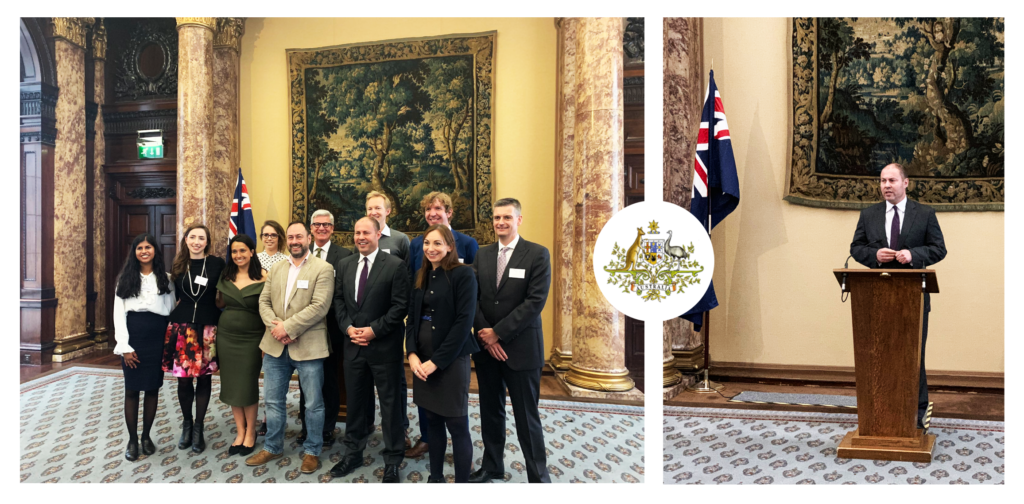
Tech companies are thriving in the East of England and a key player in this ecosystem is Norwich-based near-field communication (NFC) technology platform Thyngs.
A recent report by Tech Nation showed that the UK technology sector was punching above its weight on a global scale, with total venture capital investment in the industry reaching £6.3bn, more than in any other European country. And some 15% of this was invested in the East of England, including hubs such as Cambridge.
Thyngs, which specialises in NFC technology for cashless payments and more, was one of just 20 nationwide start-ups, and the only one in the region, selected to join the UK Government-backed Tech Nation fintech growth programme last year.
Here CEO Neil Garner tells about the benefits of being based in Norwich and how initiatives such as Tech Nation have helped Thyngs grow.
What are the benefits of a tech company based in Norwich?
You get the best of both worlds here. You have access to the skills and expertise of people in London and Cambridge, combined with the lower costs and loyalty of staff associated with running a business outside the capital.
For me, Norwich is home, but there’s also a lot of fresh talent from the two universities based here – the University of East Anglia and Norwich University of the Arts. The city is regularly named as one of the best places to live in the UK and there’s a very strong and passionate tech community here.
What was Thyng's experience of Tech Nation’s fintech growth programme?
It was very positive. We met a lot of fintech scale-ups and unicorns, like Transferwise and ClearScore, so had some direct relationships and mentoring from people who have done it before. Tech Nation also helped us connect with investors and the investor community, and put us on a programme of activities about scaling, international expansion, pricing models and HR, as well as challenges such as getting into new markets.
The introductions you get are invaluable. We were introduced to the Department for International Trade (DIT) team that’s running fintech as part of the programme and we’re now being accelerated into Australia through the Fintech Bridge programme. In fact, we’ve just secured our first Australian customer and set-up our APAC subsidiary.
It was also very refreshing to see a government-sponsored agency working in such an entrepreneurial fashion, showing that the UK Government is genuinely behind tech. They’re basically acting as a super-connector between businesses, funds and major stakeholders to properly put UK tech on the map. And they’re not just focusing on London, which is what used to happen previously under the Tech City banner.
Are there any drawbacks about being based in the East of England?
The only drawback is that although we’re doing a lot of things to better connect different regions, transport infrastructure in the UK is still challenging. To travel from East of England to Manchester, Leeds or Edinburgh is actually quite hard.
Whatever we say about the internet age, there is still nothing better than face-to-face engagement to build relationships. Face-to-face relationships have far more impact than online, digital, video and social media. I think that’s important and how clusters work, like in Silicon Valley. You can then use technology such as ours to make subsequent conversations work better.
What do you think the UK Government is doing to encourage growth in the fintech industry?
There are things they’re already doing around Tech Visas to encourage people from overseas with the particular skills. The other thing they do is encourage greater equality and diversity in the industry. Tech Nation is already supporting this move to diversity in businesses.
I think there is the potential for the UK to be a beacon for more ethical investment, equality and diversity, and a better place to be where it’s not just about pure profit. It’s about a more enlightened approach to business and the tech industry and driving change.
What can we expect next from Thyngs?
You can expect to see more business from Australia and the US, more work with global brands and, true to our founding principles, our technology helping raise millions for good causes.


